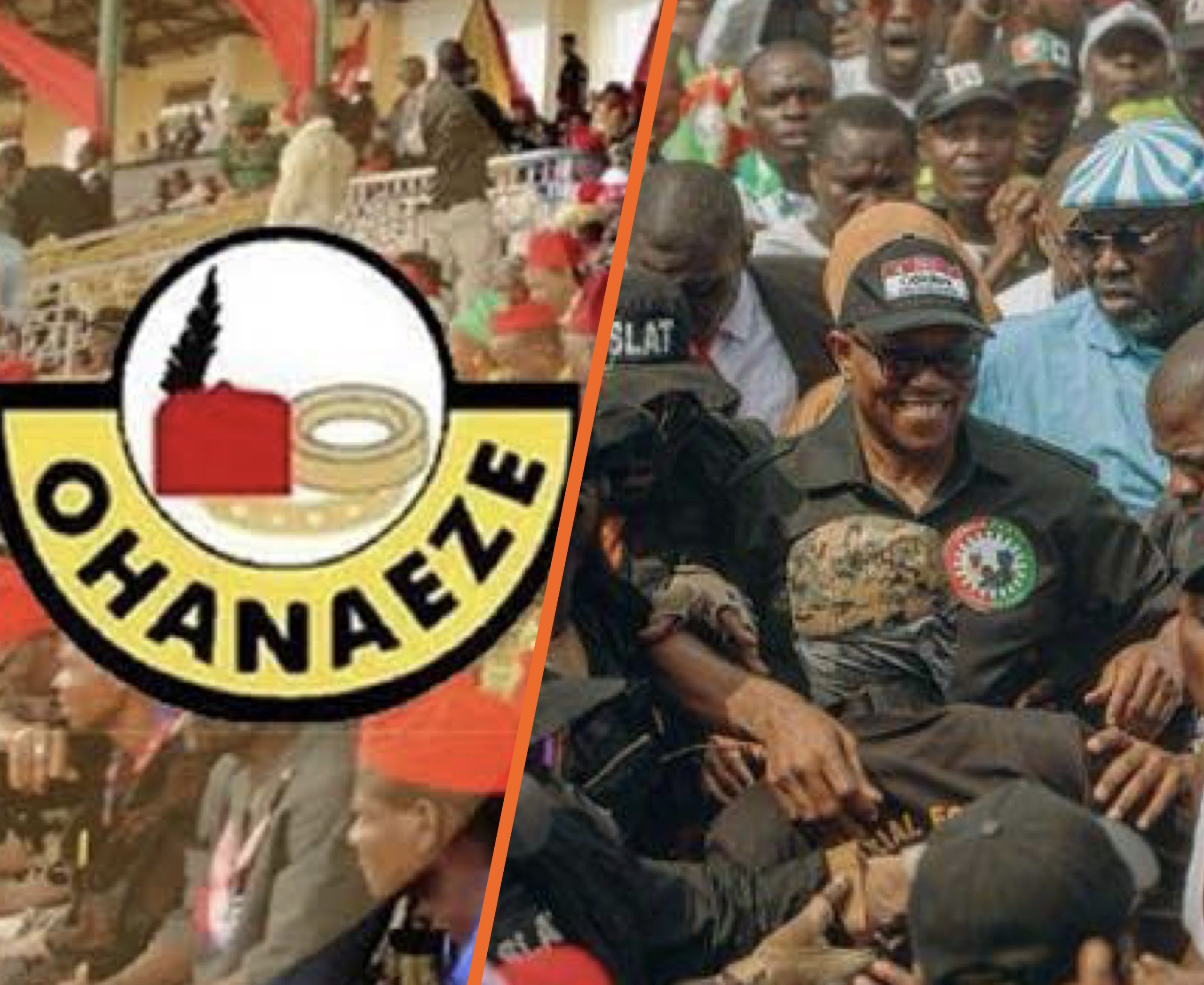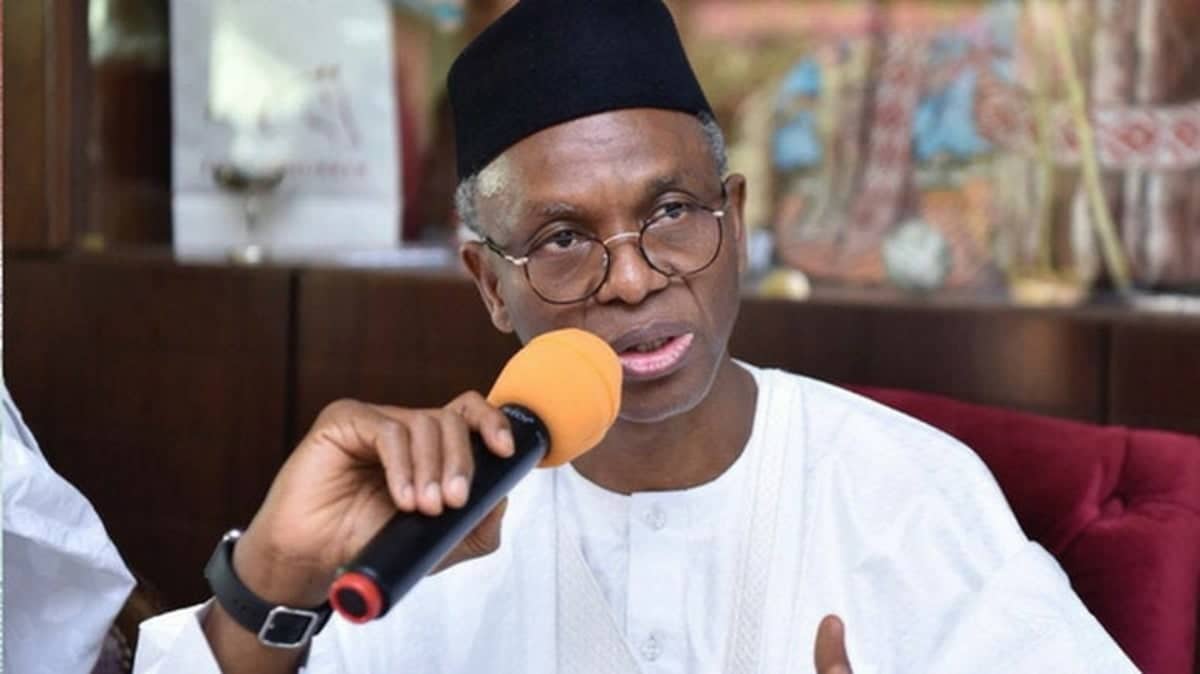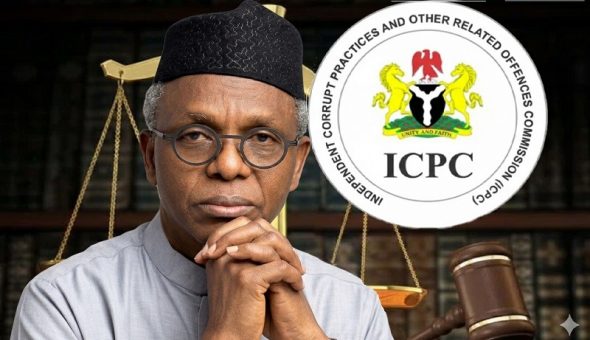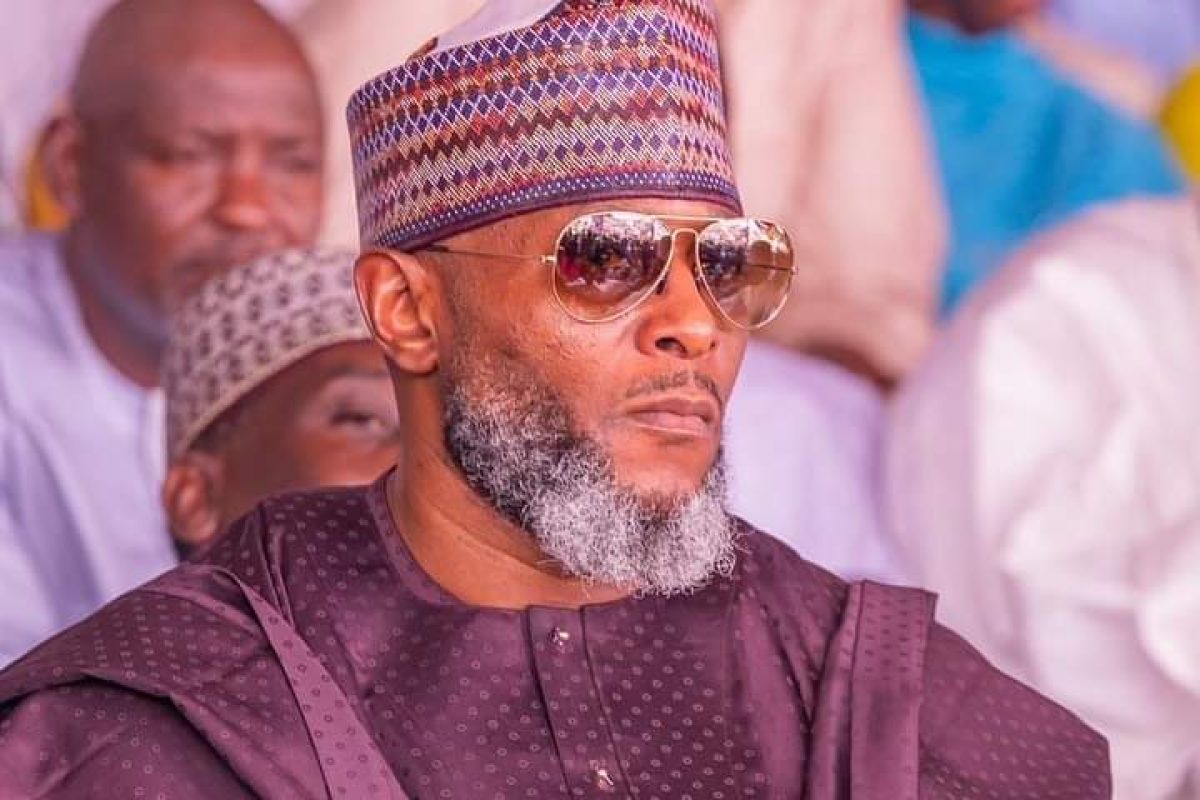2027 Presidential Election: Why Nigerians Should Favour The Igbos
Why Nigerians Should Favour Igbos in the Next 2027 Presidential Election
Written By
Ayibiowu Harvey
When a typical Nigerian is asked why an Igbo man should be allowed to rule Nigeria, his reply is mostly that, an igbo man has never been president before and since the Igbos have been constitutionally denied from forming their own Republic, then they must be allowed to partake in the national cake. The national cake here being the nation’s accumulated wealth and resources.
While this reply might seem logical, it is however, not an intellectual one as Nigeria is not a merry-go-round that should be taken in turns by her ethnic groups. It is crucial for Nigerians to prioritize competence and leadership qualities over ethnicity and religion when making the critical decision of electing leaders, as a person’s ethnic background or religious beliefs do not determine their leadership or intellectual abilities.
The current state of the country calls for Nigerians to awaken from their slumber, shed the mask of deceit and ignorance that clouds their judgment, and begin making thoughtful decisions when choosing leaders—decisions free from tribalism, nepotism, and religious favouritism.
While it is true that Nigeria have not produced an Igbo President since the 1967-70 civil war, it is safe to say that it is a near impossibility for an Igbo President to emerge in Nigeria.However, an igbo President could be the best thing to happen to the country.
The Igbos are one of the major ethnic groups in Nigeria that are widely recognized for their strong entrepreneurial spirits and mindsets which sets them apart from other groups. They are known to have a culture of self-reliance and for their business acumen, often excelling in trade, commerce, and various industries both within and outside Nigeria.
An intriguing aspect of the Igbos can be seen in how, after the Nigerian Civil War of 1967-70, the government seized all Biafran-owned bank accounts and gave every Igbo person only 20 pounds to start over, regardless of their previous wealth. Despite this huge setback, the Igbos have risen to become the richest ethnic group in Nigeria.This demonstrates their resilience, self-reliance, and natural business sense.
The secret to wealth generation in Igbo land can be traced to the Igbo apprenticeship system, also known as imu ahịa or ịgba boi, which has produced more millionaires than universities. An Igbo man typically does not believe in hoarding wealth; instead of simply gifting his brothers fish, he teaches them how to fish, empowering them to become self-made. By sharing wealth and lifting each other up, the Igbos have become some of the most successful entrepreneurs in the country.
The igbo apprenticeship system is an economic system widely practiced in South-Eastern Nigeria and focuses on preparing young boys/men into becoming independent entrepreneurs.
A mentor, often a successful business owner, trains an apprentice, typically for 5 to 8 years. During this time, the apprentice learns business skills through his experience working for his “boss” while also developing traits like hard work, honesty, and loyalty. At the end of the apprenticeship, the mentor “settles” the apprentice with financial support or resources to start their own business. This system can be said to be the secret to the wealth of the igbos as it has be said to produced countless numbers of millionaires in the region.
Since the igbos are known for this wealth creation and sharing tactic, it could be a wise decision to install an igbo man as President.
Historically, Nigeria has grappled with issues of inequality and resource mismanagement, major reasons why the country’s economy remains stagnant and unyielding.
Leadership often appears to benefit only select groups, leaving others in abject poverty. An Igbo president could offer a refreshing approach, prioritizing fairness and shared prosperity. By empowering those around him and spreading opportunities, such a leader could bring a sense of balance and equity that the country urgently needs.
If this principle of imu ahịa works within communities and yield positive results, it could also work across the nation.
It is important to note that before the 2023 Presidential Elections, Abia State Governor, Okezie Ikpeazu advocated for a president from the South East region of Nigeria, emphasizing that the Igbos are “pan-Nigerians” who have significantly contributed to the country’s economic growth through their investments in various industries. He argued that this demonstrates their capability to lead and grow the nation if given the opportunity. However, he stated that producing an Igbo president should not be seen as a “right” by the Igbos. Instead, it should involve effective dialogue and negotiations to present their interest in leadership to the public in solicitation to the public.
It is reasonable to agree with Governor Ikpeazu’s position. Adopting an entitlement mentality or insisting it is the Igbos’ turn to lead may ultimately prove counterproductive, hindering their efforts to achieve leadership opportunities.
Governor Ikpeazu’s emphasis on using dialogue and negotiation rather than entitlement offers a practical approach that could yield positive results if applied effectively. This method aligns with democratic principles, where collaboration and consensus are essential for leadership selection and fair representation.
To ensure mutual trust and stability, it is crucial to establish constitutional agreements if the Igbos are given the opportunity to lead. For years, the Igbos have expressed a strong desire to form their own republic, driven by the marginalization they have faced from other regions of the country. If they are eventually considered for the presidency, there is a possibility that, with power in their hands, they might pursue their long-standing dream of becoming an independent region.
Such an outcome could destabilize Nigeria, potentially encouraging other regions to follow suit and seek independence, ultimately leading to the country’s disintegration. To prevent this, it is essential to have a clear agreement that if given the chance to lead, the Igbos will commit to preserving the unity of the nation. Their leadership should focus on fostering oneness, inclusivity, and shared progress, ensuring that their tenure strengthens Nigeria rather than dividing it.
Favouring the Igbos in the next presidential elections could also provide Nigeria with an opportunity to test new waters, which is beneficial for national growth. Historically, the presidency has been dominated by individuals from the North, West, and South. Allowing the East to take the lead would offer a fresh perspective and provide Nigerians with the experience of being governed by someone from this region.
Such a move would foster inclusivity and demonstrate that all regions matter in Nigeria’s leadership. It would also help counter the narrative of marginalization, which has long fueled the Igbos’ feelings of exclusion. The consistent denial of leadership opportunities to the Igbos strengthens their belief that they are being sidelined, potentially fostering political apathy—a trend detrimental to national growth and unity. By fostering inclusivity and granting the presidency to an Igbo individual, Nigeria can take a significant step toward promoting unity, oneness, and a shared sense of belonging across all regions.
Also Read: I’ll win 2027 presidential election, PDP dead — Kwankwaso
Finally, electing a president from the South East has the potential to foster unity in Nigeria. Nigeria has faced ethnic tensions and regional rivalries for decades that have threatened its cohesion. Allowing the East to assume leadership would send a powerful message of inclusiveness and equality, emphasizing that every region in the country is valued.
Such a move would inspire patriotism and a renewed sense of oneness among Nigerians. It would also help create a shared national identity and a stronger feeling of belonging among all citizens. Every ethnic group would feel represented and included in shaping the country’s future, promoting harmony and democracy across the nation.
Ayibiowu Harvey
(A a seasoned political enthusiast, IT project manager, business owner, and finance expert with a diverse background in both technology and business leadership).













